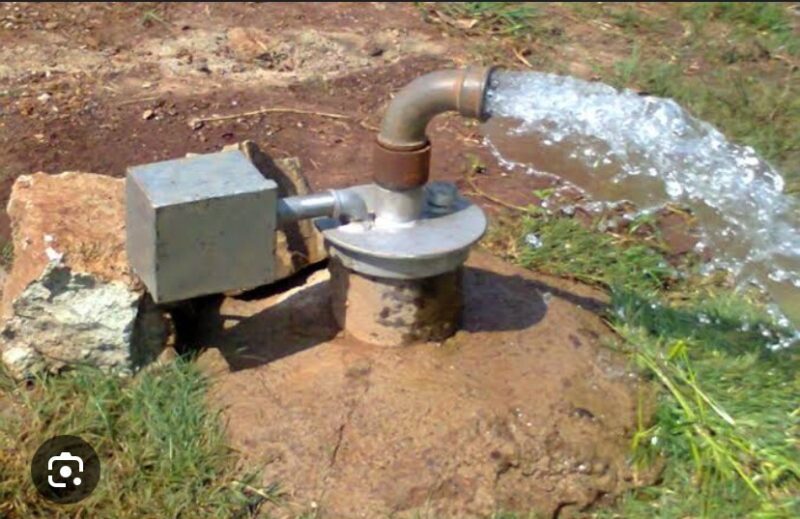Breaking News
Maiduguri Communities Struggle with Water Crisis After Devastating Flood
Access to clean water is a fundamental necessity, and the ongoing struggle of Maiduguri residents highlights the critical need for swift and sustainable interventions. While the flood has passed, its impact continues to be felt, reminding us of the importance of proactive disaster management and robust infrastructure planning.

The recent flood that ravaged Maiduguri, the capital city of Borno State, has left many communities grappling with a severe water crisis. Among the hardest hit areas are Sabon Lamba, Mafoni, Gidan Yashi, Kumshe, and several others, where the destruction of water sources has disrupted daily life for thousands of residents.
The flood, which originated from the Alou Dam, a major water reservoir for Maiduguri was caused by an overflow as water levels exceeded the dam’s capacity. The resulting deluge not only displaced residents and destroyed property but also compromised key infrastructure, including water dams and pipelines.
Government’s Swift Response
The Borno State government acted promptly to repair the Alou Dam, restoring its structural integrity. However, the water supply to many affected communities remains insufficient. For these residents, boreholes have become the primary source of water. Unfortunately, the borehole water is often deemed unsuitable for drinking, cooking, or even washing and bathing due to quality concerns.
Many households in these areas are unable to afford bottled water as an alternative, forcing them to travel considerable distances to access tap water in other parts of the city. This additional burden has worsened the hardships faced by the flood victims.
Impact on Residents
The lack of potable water has introduced significant challenges for residents in affected communities. Families now spend hours searching for safe water, an effort that disrupts work, school, and other daily activities. The limited access to clean water also raises health concerns, as residents are at risk of waterborne diseases like cholera and dysentery.
One resident of Mafoni expressed frustration, stating, “We cannot afford to buy bottled water every day, and the borehole water we have is unsafe for drinking. We are left with no choice but to fetch water from faraway taps.”
Call for Sustainable Solutions
While the government’s swift action in repairing the Alou Dam is commendable, there is an urgent need for a more comprehensive approach to address the water crisis. Some recommendations include:
1. Rehabilitation of Local Water Sources: Repairing smaller water systems in the affected communities to restore local access to clean water.
2. Improved Borehole Maintenance: Ensuring that borehole water is treated and made safe for drinking.
3. Emergency Water Supply Initiatives: Establishing temporary water distribution centers to provide tap water closer to affected areas.
4. Long-Term Infrastructure Investments: Expanding the capacity of the Alou Dam and other reservoirs to prevent future overflows and floods.
Access to clean water is a fundamental necessity, and the ongoing struggle of Maiduguri residents highlights the critical need for swift and sustainable interventions. While the flood has passed, its impact continues to be felt, reminding us of the importance of proactive disaster management and robust infrastructure planning.










